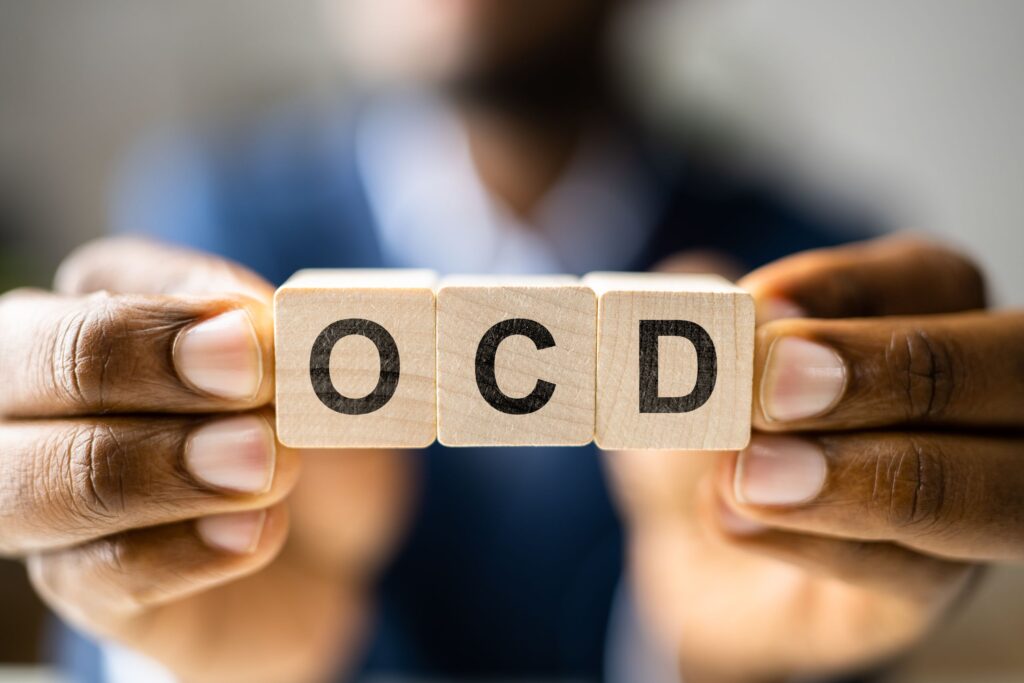Obsessive-compulsive disorder (OCD) is a mental health condition that affects millions of people worldwide. Characterized by recurring, unwanted thoughts (obsessions) and repetitive behaviors (compulsions), OCD can have a significant impact on daily life. People often wonder whether OCD can be cured, or if they will have to manage their symptoms for life. This article will explore what OCD is, current treatment options, and whether a cure is possible. If you or a loved one is struggling with OCD, Serenity Grove, located in Athens, Georgia, offers support and treatment options to help you manage this challenging condition.
What is OCD?
OCD is a chronic condition that can range in severity. Some individuals experience mild symptoms that can be managed easily, while others face more debilitating challenges. The main components of OCD include:
Obsessions: Persistent, unwanted thoughts, images, or urges that cause distress or anxiety. Common obsessions include fear of contamination, fear of harm, or intrusive thoughts about violence or inappropriate actions.
Compulsions: Repetitive behaviors or mental acts performed to reduce the anxiety caused by the obsessions. These might include washing hands excessively, checking locks repeatedly, or counting rituals.
Given the distress caused by OCD, many people seek treatment in hopes of finding relief. But can OCD actually be cured, or is it something that must be managed over time?
Understanding OCD and Its Impact
Before diving into whether OCD can be cured, it’s important to understand how OCD functions. Individuals with OCD experience a cycle of obsessions, followed by compulsions, which are meant to reduce the anxiety caused by the obsessions. However, these compulsions provide only temporary relief, and the obsessions usually return, reinforcing the cycle.
Without proper treatment, OCD can escalate, affecting relationships, work, and overall quality of life. In severe cases, individuals may find themselves unable to perform daily tasks due to the overwhelming nature of their compulsions.

Is There a Cure for OCD?
Currently, there is no definitive “cure” for OCD. However, it is essential to differentiate between the concept of a cure and effective management. While OCD cannot be cured in the sense that it completely disappears, it can be managed to the point where individuals experience minimal disruption to their daily lives.
Effective treatments, such as therapy and medication, can significantly reduce OCD symptoms. Some people even reach a point where they no longer experience the daily burden of obsessive thoughts and compulsive behaviors. Others may need ongoing support and treatment to keep their symptoms under control.
Treatment Options for OCD
There are several treatment options available for managing OCD. While a cure may not be achievable, treatment can help individuals regain control over their lives and reduce the impact of their symptoms. Some of the most effective treatments include:
Cognitive Behavioral Therapy (CBT)
Cognitive-behavioral therapy is one of the most commonly used treatments for OCD. A specific form of CBT known as Exposure and Response Prevention (ERP) is particularly effective. In ERP, individuals are gradually exposed to their obsessions without performing the accompanying compulsions. Over time, this reduces the anxiety associated with the obsessions, breaking the cycle of OCD.
ERP helps patients confront their fears in a controlled environment, teaching them to tolerate the discomfort of their obsessions without resorting to compulsions. Studies have shown that ERP can lead to long-term reductions in OCD symptoms.
Medication
Medications can also play a role in treating OCD. Doctors commonly prescribe selective serotonin reuptake inhibitors (SSRIs) to help balance brain chemistry and reduce the intensity of obsessions and compulsions. Medications such as fluoxetine or sertraline can help reduce anxiety and obsessive thoughts.
It’s important to note that medications for OCD may take several weeks to show full effects, and they are often most effective when combined with therapy. As with any medication, it is essential to work closely with a healthcare provider to determine the right dosage and monitor for any side effects.
Transcranial Magnetic Stimulation (TMS)
An emerging treatment option for OCD is transcranial magnetic stimulation (TMS). TMS stimulates nerve cells in the brain with magnetic fields, targeting areas believed to play a role in OCD.This non-invasive treatment has shown promise for individuals who have not found success with traditional therapy or medication.
While TMS is not a cure for OCD, it has been effective for reducing symptoms in some cases. It is often considered when other treatment methods have failed.
Psychosocial Support and Lifestyle Changes
Managing OCD is not just about therapy and medication; lifestyle factors can also play a significant role. Engaging in stress management techniques, maintaining a healthy routine, and participating in support groups can all contribute to better outcomes for individuals with OCD. Mindfulness and relaxation techniques can help manage anxiety, while a strong support system can provide encouragement during treatment.
Can OCD Symptoms Go Away on Their Own?
While OCD symptoms can fluctuate over time, they rarely disappear without treatment. In some cases, individuals may experience a decrease in symptoms temporarily, but without proper intervention, the obsessions and compulsions are likely to return. Seeking treatment as early as possible is the most effective way to manage OCD and prevent symptoms from worsening.
For some people, long-term management is necessary to keep OCD under control. This might include continuing therapy, taking medication, or incorporating stress-relieving practices into their daily routine.
The Importance of Early Intervention
Recognizing and treating OCD early leads to better outcomes. Early intervention can prevent the condition from worsening and help individuals learn effective coping strategies before their symptoms become too disruptive. If you suspect that you or someone you know may be experiencing OCD, it’s essential to seek professional help as soon as possible.
Many people delay seeking treatment for OCD because they fear judgment or believe that their compulsions are manageable. However, untreated OCD can significantly impact quality of life. By seeking help early, individuals can find relief and avoid long-term complications.

Call Us Today At Serenity Grove, In Athens, Georgia for Support
While OCD cannot be “cured” in the traditional sense, it can be managed effectively with the right OCD treatment plan. By seeking professional help and staying committed to therapy and lifestyle changes, individuals with OCD can reduce the impact of their symptoms and lead fulfilling lives. If you or someone you know is struggling with OCD, Serenity Grove is here to provide the care and support you need. Our experienced team provides a range of treatment options, including therapy and medication, to help individuals manage their symptoms and improve their quality of life. We understand the challenges OCD brings, and we’re committed to helping our clients find relief and support.
Don’t let OCD control your life—call us today or head over to our admissions page to learn more about our treatment programs and how we can support you on your journey to wellness.


